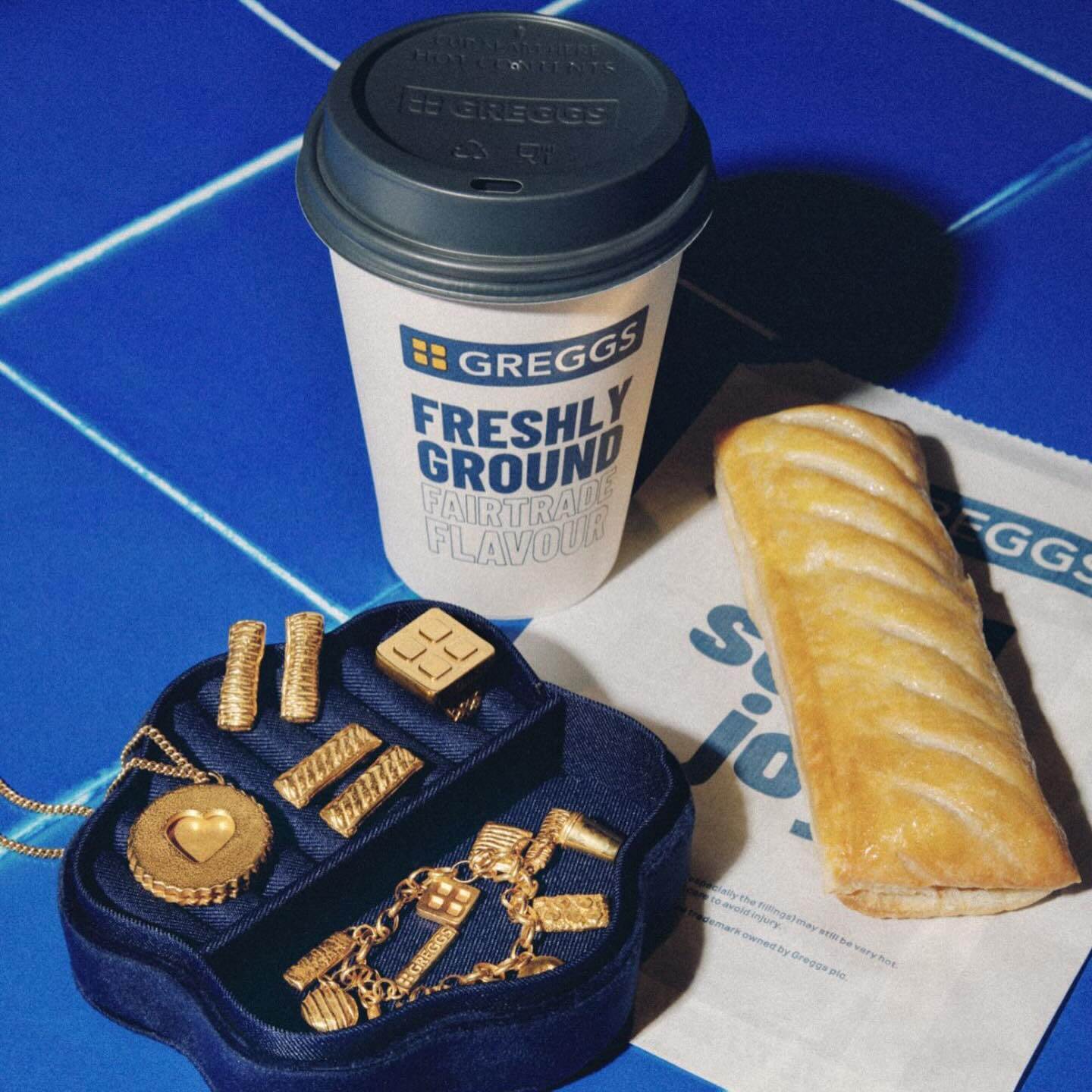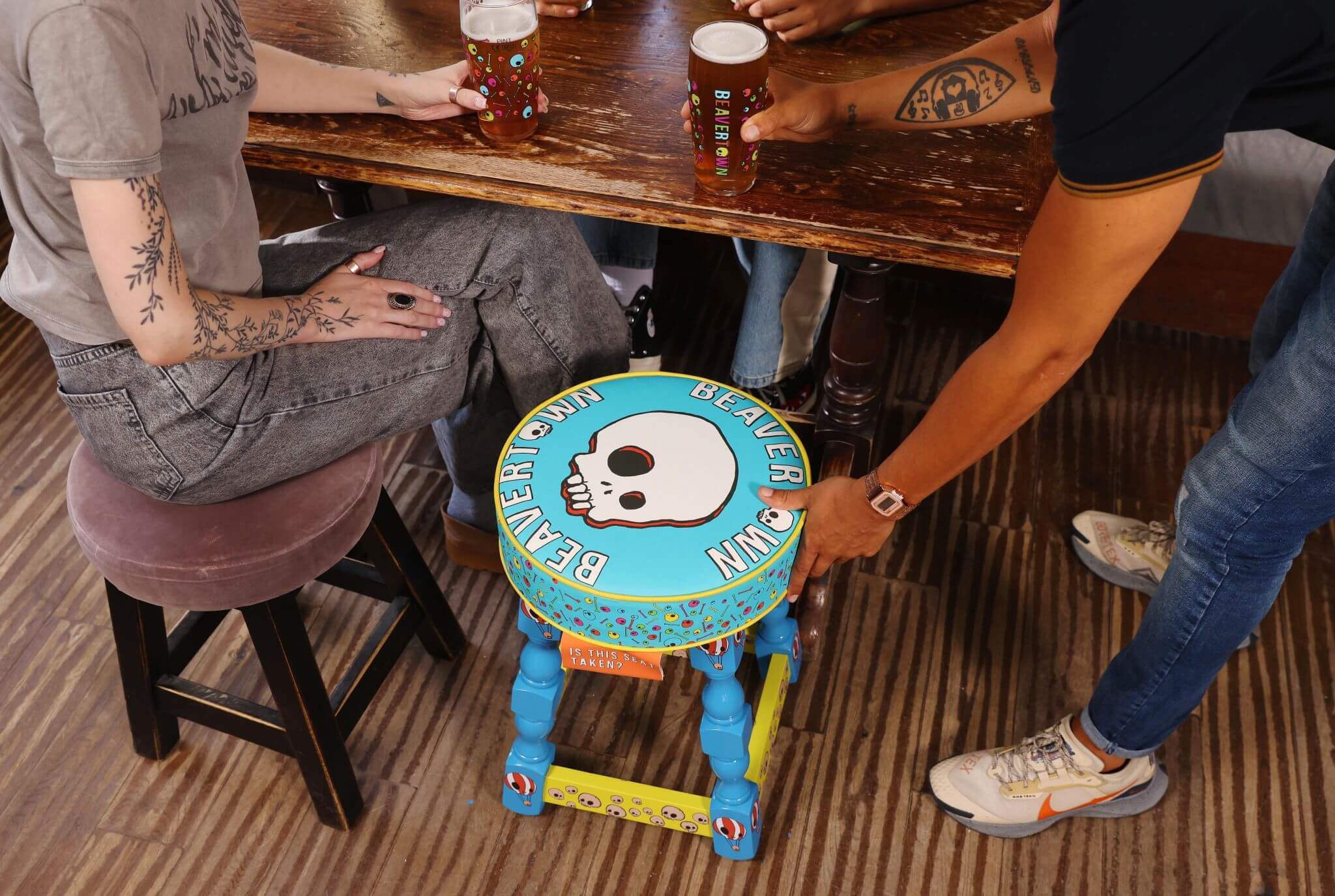BBVA, the multinational Spanish banking group, is upping its commitment to employee wellbeing with a new sleep-tracking initiative. The bank recently launched Atrando tu sueño (Catching your dream), a program using wearable technology to analyze the sleep patterns of 100 workers over the course of a week. A wrist-worn device records various metrics, including temperature, activity, body position and light exposure, providing scientifically validated data on circadian rhythms and sleep quality. Once the week is up, the employee receives a personalized report and recommendations from sleep experts.
This latest offering builds on BBVA's earlier efforts to address employee sleep issues. Those who took part in the bank's 'Time4Sleep' program — which has been repeated 20 times in response to high demand — reported significant improvements in sleep quality, with the percentage of participants experiencing sleep issues dropping from 48% to 25%. BBVA's emphasis on sleep reflects a broader cultural recognition of the importance of decent shuteye. As businesses grapple with burnout and productivity challenges, the path to a more resilient and creative workforce might just start with a good night's sleep.
Select your country
- Argentina
- Australia
- Austria
- Belgium
- Brazil
- Cambodia
- Canada
- Chile
- China
- Colombia
- Costa Rica
- Croatia
- Czechia
- Denmark
- Estonia
- Finland
- France
- Germany
- Ghana
- Greece
- Guatemala
- Hong Kong
- Hungary
- Iceland
- India
- Indonesia
- Ireland
- Israel
- Italy
- Japan
- Kenya
- Latvia
- Lithuania
- Malaysia
- Mexico
- Morocco
- Netherlands
- Nigeria
- Norway
- NZ
- Paraguay
- Phillippines
- Poland
- Portugal
- Puerto Rico
- Romania
- Serbia
- Singapore
- Slovakia
- Slovenia
- South Africa
- South Korea
- Spain
- Sweden
- Switzerland
- Taiwan
- Thailand
- Turkey
- UAE
- UK
- Ukraine
- US
- Uruguay
- Venezuela
- Vietnam
Select your country
- Argentina
- Australia
- Austria
- Belgium
- Brazil
- Cambodia
- Canada
- Chile
- China
- Colombia
- Costa Rica
- Croatia
- Czechia
- Denmark
- Estonia
- Finland
- France
- Germany
- Ghana
- Greece
- Guatemala
- Hong Kong
- Hungary
- Iceland
- India
- Indonesia
- Ireland
- Israel
- Italy
- Japan
- Kenya
- Latvia
- Lithuania
- Malaysia
- Mexico
- Morocco
- Netherlands
- Nigeria
- Norway
- NZ
- Paraguay
- Phillippines
- Poland
- Portugal
- Puerto Rico
- Romania
- Serbia
- Singapore
- Slovakia
- Slovenia
- South Africa
- South Korea
- Spain
- Sweden
- Switzerland
- Taiwan
- Thailand
- Turkey
- UAE
- UK
- Ukraine
- US
- Uruguay
- Venezuela
- Vietnam


















